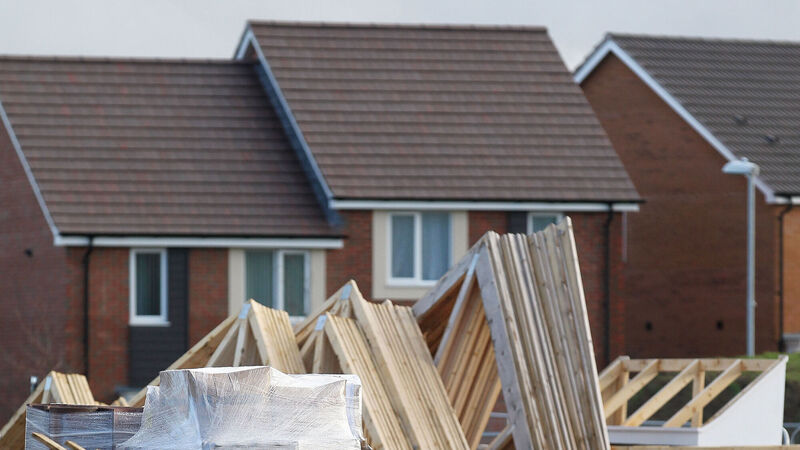Housebuilding up strongly, but 'Government may still miss target'

BNP Paribas Real Estate Ireland: Housebuilding activity up sharply in March reflecting 'early-stage' commencements.
Housebuilding activity has increased significantly, but it will take some time before newly completed homes are delivered, separate surveys have suggested.
The monthly BNP Paribas Real Estate Ireland index showed Irish construction activity expanded in March for the first time since June last year, and grew at its fastest rate for almost two years, thanks to strong pickups in activity in both housing and commercial building, including office developments.











